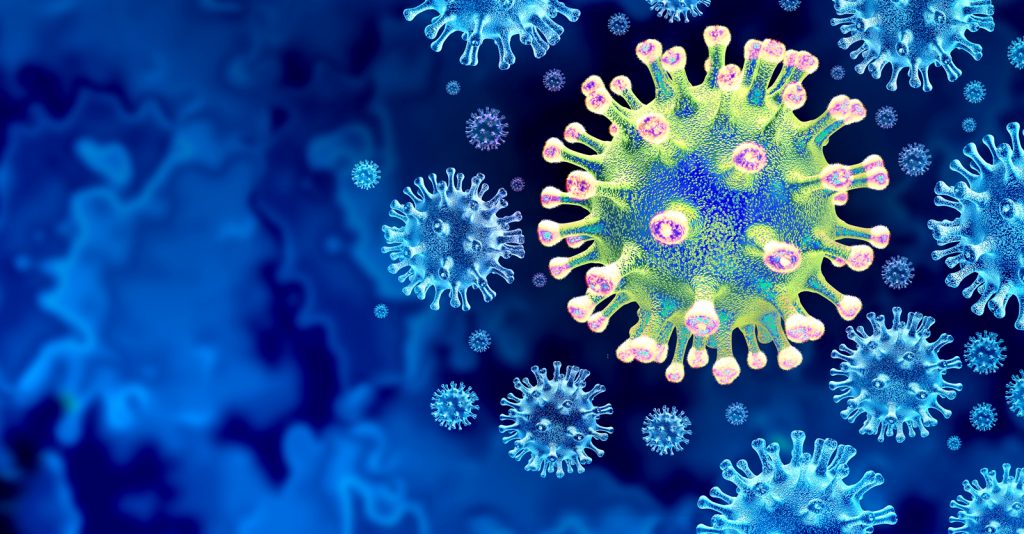A National Institute of Allergy and Infectious Diseases (NIAID) official said the agency will further evaluate a controversial Boston University-commissioned preprint study that developed a COVID-19 hybrid that killed “80 percent” of lab mice, saying the team involved didn’t clear the work with the federal agency.
Speaking to STAT News, Emily Erbelding, the head of NIAID’s division of microbiology and infectious diseases, suggested that Boston University (BU) researchers didn’t properly disclose what their study would entail and didn’t say they would carry out that specific work. The grant proposal, Erbelding stated, also didn’t make it clear that scientists would possibly be enhancing a COVID-19 strain in reports that were handed to NIAID, the agency headed by Dr. Anthony Fauci.
This week, BU’s National Emerging Infectious Diseases Laboratories drew condemnation and controversy when it published (pdf) the non-peer-reviewed paper showing researchers took the spike protein for the COVID-19 Omicron strain and grafted it to the original Wuhan COVID-19 strain. They found that when tested on lab mice, the newly created strain is more lethal than the original Omicron variant—killing 80 percent of mice—although Erbelding noted that the original Wuhan strain killed 100 percent of those mice.
“I think we’re going to have conversations over upcoming days,” Erbelding told STAT on Oct. 18, suggesting the BU team didn’t inform NIAID about what they were planning to do. “We wish that they would have, yes.”
Refutation
In response to a request for comment from The Epoch Times on Oct. 18, a spokesperson for BU pointed to an updated statement issued by the college on Oct. 18. The Epoch Times has also contacted NIAID for comment.
The university defended the research and pilloried what it described as misleading and false reports about the study, asserting that no gain-of-function research, which could enhance the lethality or transmissibility of a pathogen, was carried out during the research.
By Jack Phillip








